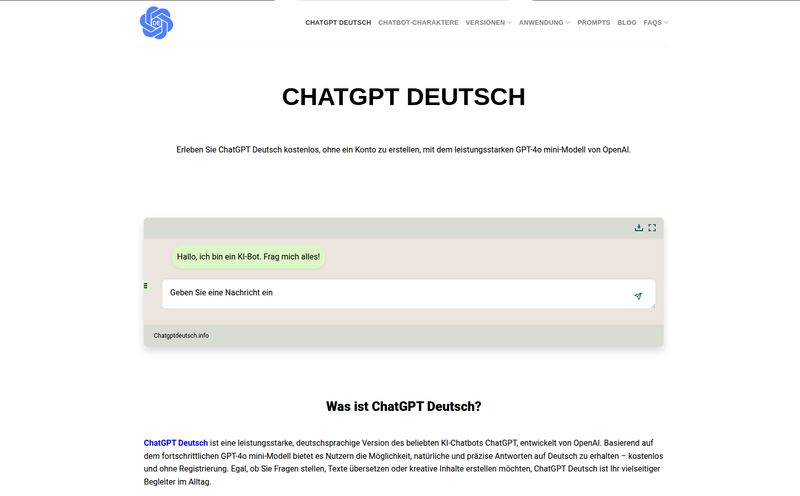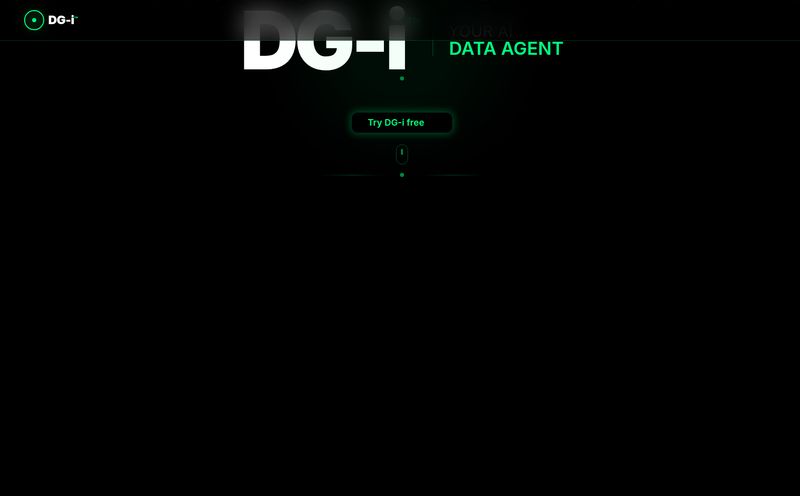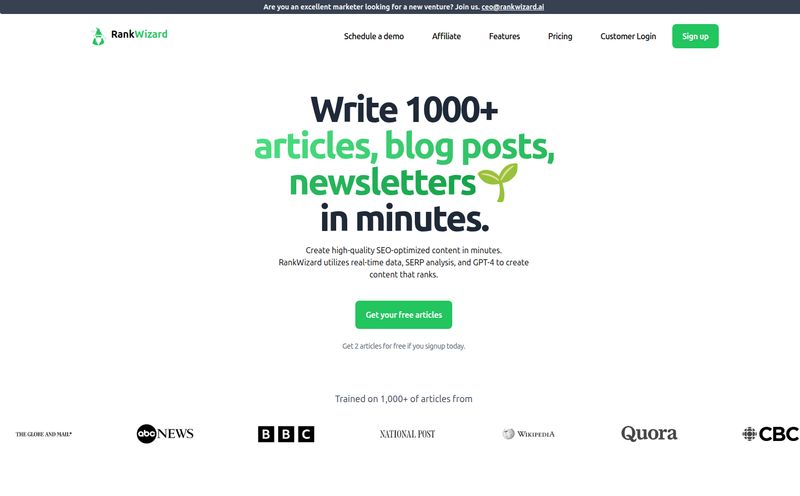Shipping a smart contract is one of the most nerve-wracking things you can do in tech. It’s not like pushing an update to a website where you can quickly roll back a bug. Once that code is on-chain, it’s on-chain. Forever. The amount of caffeine I've consumed staring at Solidity code, hunting for that one elusive vulnerability... it's probably enough to power a small data center.
For years, our safety net has been a combination of rigorous testing and, for those with deep pockets, a full-blown manual audit from a team of security wizards. But that takes time and costs a fortune. So, when tools started popping up promising to use AI to spot security flaws, my ears perked up. The latest one to cross my desk is Kritisi, a multichain security explorer for Solidity powered by none other than Google's Gemini AI.
Is it the magic bullet we've all been waiting for? Or just another shiny object in the ever-spinning carousel of crypto tech? I decided to find out.
So, What Exactly is Kritisi? And Why Should You Care?
At its core, Kritisi is an automated security analysis tool. You feed it a Solidity smart contract, and it uses AI to scan for vulnerabilities, weird patterns, and potential risks. Think of it less as a god-tier security oracle and more as a super-powered linter on steroids. It’s like having a hyper-vigilant, slightly-robotic junior dev who can read your code in seconds and flag things that look... off.
What really caught my eye is its multichain focus right out of the gate. It’s not just for Ethereum mainnet. The platform supports analysis across Ethereum, Arbitrum, Base, and Optimism. This is smart. The future is clearly multichain, and building a tool that recognizes this from day one is a huge green flag for me. It shows the team isn't just chasing the mainnet hype; they're looking at where developers are actually building today.

Visit Kritisi
A Look Under the Hood at Kritisi's Features
Okay, so it scans code. But how? Let's break down the main components they advertise.
AI-Driven Analysis with Gemini
This is the secret sauce. Instead of just using a predefined set of rules to find known vulnerabilities (like many older static analysis tools), Kritisi leverages Gemini. This means it's not just looking for a specific line of code that screams "reentrancy attack!". It's supposedly analyzing patterns and context, which could, in theory, help it spot more nuanced or even novel issues. It's the difference between a simple keyword search and genuine comprehension. The real-time analysis is also a nice touch—no waiting hours for a report to compile.
The Intelligent Scoring System
I love this. I've read security audits that are 50 pages long, written in dense academic language that would make your eyes bleed. At the end, you're still not sure if your contract is a ticking time bomb or just has a few minor scuffs. Kritisi gives you a straightforward security score. It's a simple, at-a-glance metric that tells you where you stand. Think of it like a credit score for your code's health. It immediately helps you triage. A score of 45? Okay, drop everything and fix this. A score of 95? Breathe a little easier and focus on the smaller suggestions.
Automated Risk Detection and Improvement Suggestions
Here's where it gets really useful for the developer on a deadline. Kritisi doesn’t just point a finger and say "This is bad." It actually provides explanations and suggests improvements. This transforms it from a simple auditing tool into a genuine learning platform. For a junior dev or someone new to Solidity, this feedback loop is incredibly valuable. It's one thing to be told you have a potential integer overflow; it's another to be shown why it's a risk and how to implement a check using a library like SafeMath.
My Honest Take: The Good, The Bad, and The Beta
Alright, let's get down to it. No tool is perfect, especially not a new one. After poking around, here's my unfiltered opinion.
The good stuff is obvious. The AI-powered approach, the user-friendly scoring, and the multichain support are all fantastic. It lowers the barrier to entry for getting a basic security checkup on your code. For an indie dev hacking away on a weekend project or a small team without a $50,000 audit budget, this is a game-changer. It’s a solid first line of defense that can catch low-hanging fruit and common mistakes before they become catastrophic.
Now for the reality check. The platform is clearly marked as a BETA VERSION, and you feel it. The biggest limitation right now is that it only supports single-file Solidity contracts. For any project of meaningful complexity, you're working with multiple contracts, interfaces, and libraries. So, for now, you'd have to analyze each file in isolation, which misses the critical context of how they interact. This is a major hurdle for serious use cases.
And then there's the AI itself. As powerful as Gemini is, AI in code analysis is still an emerging field. It can miss things. It can have false positives. It might not recognize a brand-new, clever exploit that no one has seen before. My personal mantra here is: trust, but verify. Use Kritisi as a powerful assistant, but please, please don't fire your human auditor just yet. It's a tool to augment human expertise, not replace it.
Who Is This Tool Actually For?
So, who should be rushing to use Kritisi today? In my opinion, the ideal user falls into a few camps:
- Indie Developers & Hackathon Teams: If you're building fast and don't have a big budget, this is an incredible tool to have in your arsenal.
- Students & Learners: The suggestion feature makes it a fantastic educational resource for understanding real-world Solidity security practices.
- As a Pre-Audit Check: For larger teams, running your code through Kritisi before sending it to a professional auditing firm like Trail of Bits or OpenZeppelin could be a great move. You can clean up the easy-to-find issues yourself, saving the expensive human auditors for teh deep, complex, architectural analysis.
It is not, in its current state, a one-stop-shop replacement for a comprehensive, manual security audit on a protocol that will handle millions of dollars in assets. Let's just be crystal clear about that.
And What About the Price?
This is an interesting one. I went looking for a pricing page, and the link... well, it gave me a `404 NOT_FOUND` error. Honestly, that's not surprising for a beta product. My guess is that the team is keeping it free for now to attract users, gather feedback, and iron out the kinks. This is a common strategy, and a smart one. So if you're curious, now is probably the best time to try it out while it costs you nothing but time.
A Promising New Player in a Crowded Field
Kritisi is a promising and genuinely useful tool. It’s entering a space with established players like Slither, but its user-friendly interface and the power of a cutting-edge LLM like Gemini give it a unique edge. It feels less like a command-line tool for security researchers and more like a helpful workbench companion for everyday developers.
The road ahead will involve adding support for multi-file projects and continuously refining its AI models. But as a first step? It's a strong one. We need more tools that make security accessible, and Kritisi is a step in the right direction. It's not a silver bullet, but it's a powerful new piece of armor in our ongoing battle to write safe, secure smart contracts.
Frequently Asked Questions
- What is Kritisi?
- Kritisi is an AI-powered security audit explorer for Solidity smart contracts. It uses Google's Gemini AI to analyze code in real-time, provide a security score, and offer suggestions for improvements on chains like Ethereum, Arbitrum, Base, and Optimism.
- Can Kritisi replace a human security auditor?
- No, not at this stage. It's best viewed as a powerful first-line-of-defense tool to catch common vulnerabilities and assist developers. For high-value contracts, a comprehensive manual audit by experienced security professionals is still essential.
- Which blockchains does Kritisi support?
- Currently, Kritisi supports smart contract analysis for Ethereum, Arbitrum, Base, and Optimism.
- How much does Kritisi cost to use?
- As of late 2024, Kritisi appears to be free to use during its BETA phase. The official pricing page is not yet active, so this could change in the future.
- What are the main limitations of the BETA version?
- The most significant limitation of the current BETA is its support for single-file Solidity contracts only. This makes it less practical for analyzing complex, multi-contract projects. As with any AI, the accuracy can also vary, and it's still under continuous improvement.
- Is it safe to use with my proprietary code?
- While the platform is designed for security analysis, you should always exercise caution when uploading sensitive or proprietary code to any third-party online tool. It's always a good practice to review their terms of service and privacy policy. For maximum security, you might consider using it with open-source code or on less-sensitive projects first.



